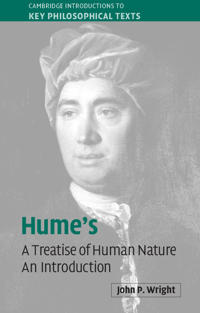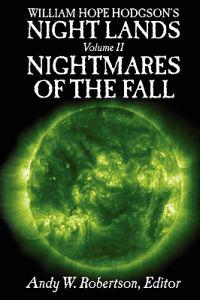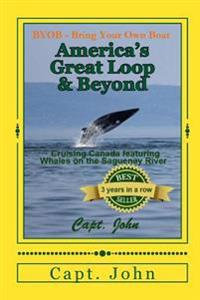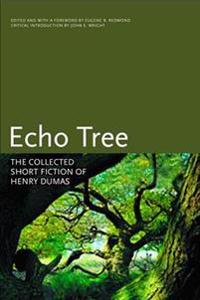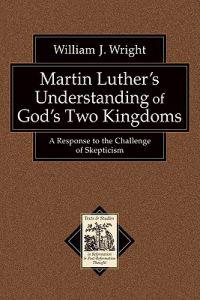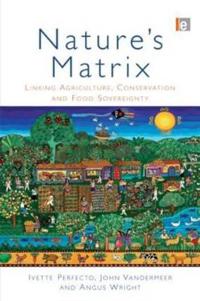Hume's 'A Treatise of Human Nature' (Pocket)
avJohn P. Wright
ISBN: 9780521541589 - UTGIVEN: 2009-12David Hume's A Treatise of Human Nature (1739-40) presents the most important account of skepticism in the history of modern philosophy. In this lucid and thorough introduction to the work, John P. Wright examines the development of Hume's ideas in the Treatise, their relation to eighteenth-century [...]
William Hope Hodgson's Night Lands Volume 2 (Häftad)
avJohn C Wright
ISBN: 9780955478314 - UTGIVEN: 2007-05Philippa Foot's Moral Thought (Inbunden)
avDr. John Hacker-wright
ISBN: 9781441104106 - UTGIVEN: 2013-08-29Represents the first comprehensive and accessible introduction to Foot's work, offering a complete chronological and thematic overview, emphasising the role Foot played in the development of contemporary virtue ethics. This is the ideal introduction for students seeking a synthetic grasp of Foot[...]
Philippa Foot's Moral Thought (Pocket)
avJohn Hacker-Wright
ISBN: 9781441191847Represents the first comprehensive and accessible introduction to Foot's work, offering a complete chronological and thematic overview, emphasising the role Foot played in the development of contemporary virtue ethics. This is the ideal introduction for students seeking a synthetic grasp of Foot[...]
America's Great Loop & Beyond: Cruising on a Frugal Budget (Häftad)
avCapt John C. Wright
ISBN: 9781492350941 - UTGIVEN: 2013-09Echo Tree: The Collected Short Fiction of Henry Dumas (Häftad)
avHenry Dumas, Eugene B. Redmond, John S. Wright
ISBN: 9781566891493 - UTGIVEN: 200309Henry Dumas's fiction is a masterful synthesis of myth and religion, culture and nature, mask and identity. From the Deep South to the simmering streets of Harlem, his characters embark on surreal and mythic quests armed only with wit, words, and wisdom. Championed by Toni Morrison, Walter Mosley, a[...]
John Wright's Indian Summers (Inbunden)
avJohn Wright, Sharda Ugra
ISBN: 9780285637955 - UTGIVEN: 200707An insider account of the drama and passion of the world's most fanatic cricketing nation, India, and their journey from disgrace to a World Cup final.[...]
Information Security (Pocket)
avMarie A., Ph.D. Wright, John S., Ph.D. Kakalik, Marie A., Ph.D. Wright
ISBN: 9780763738198 - UTGIVEN: 200606Information Security: Contemporary Cases addresses fundamental information security concepts in realistic scenarios. Through a series of substantive cases, different aspects of information security are addressed by real organizations. The organizations include Kraft Foods, Advo, IBM, SRA, Aetna, t[...]
Martin Luther's Understanding of God's Two Kingdoms (Häftad)
avWilliam John Wright
ISBN: 9780801038846 - UTGIVEN: 201002Nature's Matrix (Pocket)
avIvette Perfecto, John Vandermeer, Angus Wright
ISBN: 9781844077823 - UTGIVEN: 2009-11Landscapes are frequently seen as fragments of natural habitat surrounded by a 'sea' of agriculture. But recent ecological theory shows that the nature of these fragments is not nearly as important for conservation as is the nature of the matrix of agriculture that surrounds them. Local extinctions [...]

